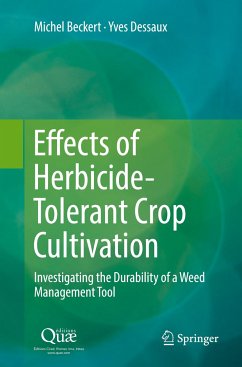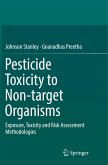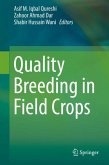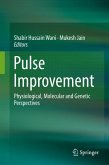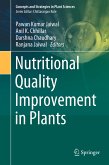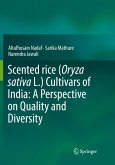Overall, this work identifies key points to be taken into account when drawing up guidelines that govern the use of herbicide-tolerant (HT) crops in order to preserve the effectiveness of this innovation over time. This multidisciplinary expert report, based on an international literature review, assesses the effects of the cultivation of crops possessing HT traits. HT crops may appear to be useful complementary tools when farmers are facing certain difficult weed-management situations or in the context of a diversification of weed-control strategies. Their repeated use, however, can rapidly induce changes in the weed flora that can constitute more complex challenges in terms of weed control. Issues coming up with the development of agricultural production systems including HT crops are the objects of this expert report: what are the perceptions of these varieties by society and the reasons for their adoption by farmers? Are the savings on herbicides promoted by seed companies long-lasting? Can the cultivation of HT crops impact biodiversity?
Bitte wählen Sie Ihr Anliegen aus.
Rechnungen
Retourenschein anfordern
Bestellstatus
Storno

